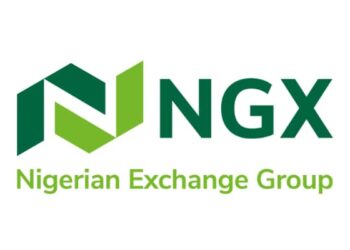Credit to the Nigerian government surged by over N11 trillion in August 2024, driven by rising interest rates, which have made government securities more appealing to investors. This development marks a significant shift in credit allocation, with government borrowing now accounting for nearly 30 per cent of the country’s total net domestic credit.
The data, released by the Central Bank of Nigeria (CBN), reveals that credit to the government in August 2024 reached N31.15 trillion, a sharp increase from N19.83 trillion recorded in July. This represents a staggering N11.33 trillion, or 57.1 percent, growth within a single month. The sharp rise is attributed to attractive yields on government securities, spurred by the CBN’s continuous interest rate hikes aimed at curbing inflation.
In comparison, government credit stood at N22.51 trillion in August 2023, marking a year-on-year increase of 38.5 per cent. This highlights the government’s growing reliance on domestic borrowing to fund public expenditures.
While government borrowing surged, credit to the private sector experienced a modest decline in August, reflecting the broader impact of rising interest rates. According to the CBN’s data, private sector credit decreased slightly from N75.51 trillion in July to N74.73 trillion in August, a drop of about N780 billion, or 1.03 per cent.
Though the reduction in private sector borrowing is small, it underscores the challenges businesses face as the cost of credit increases. Despite the decline, private sector borrowing remains higher than the N56.95 trillion recorded in August 2023, indicating overall credit growth over the past year. However, rising borrowing costs are starting to dampen businesses’ appetite for new loans.
The CBN, under Governor Yemi Cardoso, has raised the Monetary Policy Rate (MPR) five times since his appointment to tackle the country’s inflation crisis. The first hike pushed the MPR from 18.75 per cent to 22.75 percent, followed by subsequent increases to 24.75 per cent, 26.25 percent, and 26.75 percent. In September 2024, the rate was further raised by 50 basis points to 27.25 per cent.
These increases, totaling 850 basis points, reflect the CBN’s aggressive stance on curbing inflation, which remains high due to persistent core and food price pressures. The rise in interest rates has made government securities more attractive to investors seeking higher yields, while the private sector faces steeper borrowing costs, leading to reduced credit demand.
As the CBN continues its monetary tightening, the dynamics of credit distribution in Nigeria are shifting, with government borrowing on the rise and private sector credit growth slowing. The ongoing challenge for businesses lies in managing higher costs of capital amid a fluctuating economic environment.




